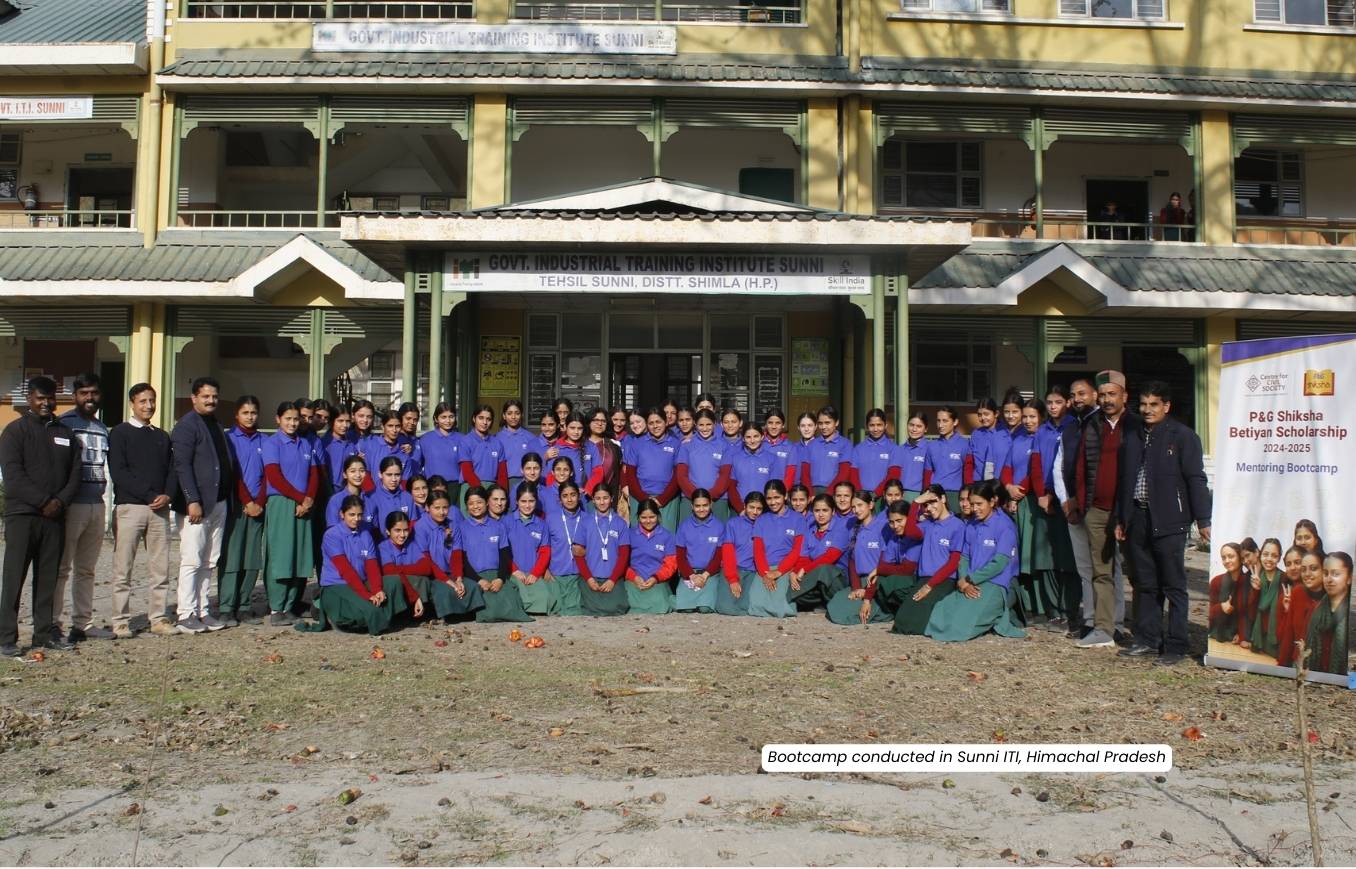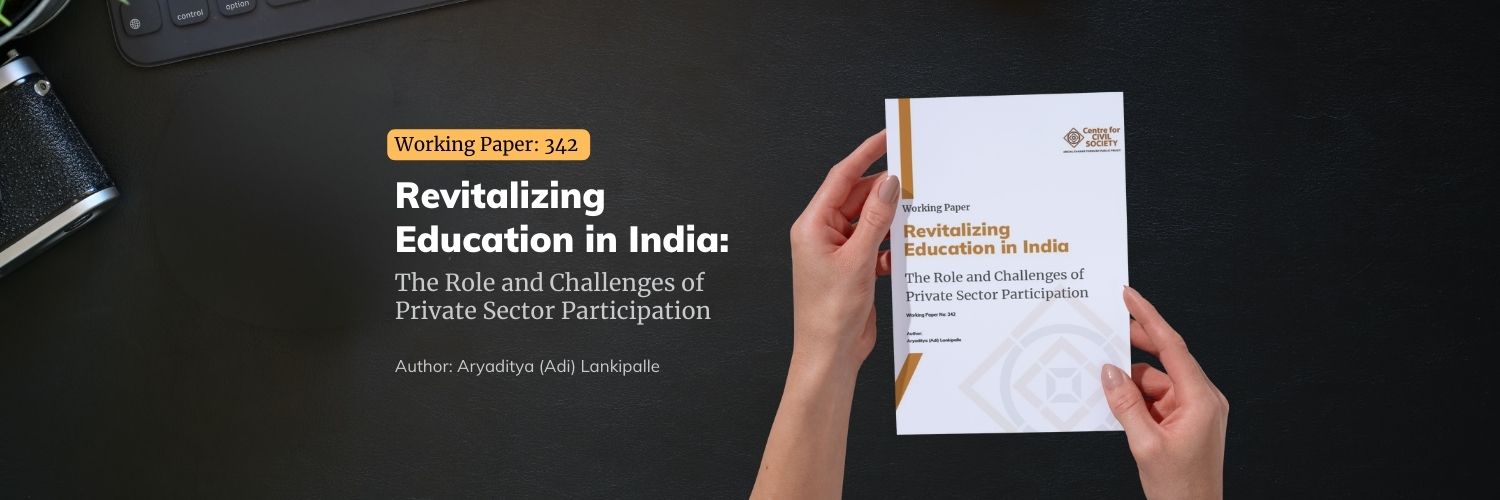Significant work has been done on de facto operations of state functionaries (World Bank 2004; Posani and Aiyar 2009; Aiyar, Chaudhuri and Wallack 2010; Pritchett 2018; Centre for Civil Society 2019). But there is limited research on the de jure framework for K-12 education in India, especially for private schools. Information on the roles of state education functionaries for public and private schools is scattered. Clarity on these roles is necessary to establish sharp lines of accountability. This is crucial, especially since private schools have to compete with the government that sets the rules for all schools and operates its own schools.
We dive in and examine the rule-sets for Maharashtra, Delhi, Haryana, Jharkhand, and Uttar Pradesh. In particular, we analyse the language of the legislation and identify the responsibilities of functionaries. Alongside the Right of Children to Free and Compulsory Education (RTE) Act 2009, we study 26 state Acts, corresponding rules, and School Codes wherever applicable. School Codes contain subordinate legislation (executive orders, notifications, circulars, and court judgements) that pertain to school education. We also study the implementation framework for the Samagra Shiksha Abhiyan as it allocates responsibilities to state education functionaries.
What do we find in common across states? The government regulates private schools at multiple touch-points. Schools need to obtain recognition in order to operate. They can only hire employees with minimum qualifications as prescribed by the government or after obtaining permission from the state Department. Private schools need to operate “in public interest” to avoid losing control over their management. They are also subject to caps on fees that often do not account for investment in new facilities or expansion of schools. The regulatory framework also lacks a systematic dispute resolution system with a clear distinction between the disputants (parents, schools, and government).
States also fare poorly on frameworks that examine the regulatory environment for private schools, including the Systems Approach for Better Education Results - Engaging the Private Sector (SABER-EPS) of the World Bank (2014) and that of Vidhi Centre for Legal Policy (2017).
After comparing the language of the legislation for private schools with that for government schools, we find a striking absence of accountability mechanisms for the latter. While private schools are subject to clauses such as “shall cease to function” or “may take over”, government schools do not face any such enforcement actions. We also find that state functionaries are vested with multiple and overlapping functions, including regulatory, service delivery, financing, and assessment.
When the rule-writer is also the service provider, day-to-day pressures of management compromise its attention to on-ground outcomes. The administration tends to become insular and conceal mistakes (World Bank 2004). We need to implement a thoughtful separation of powers in K-12 education administration. Uncoupling the roles of functionaries and determining who should be accountable to whom and for what makes for efficient outcomes and clear lines of accountability (World Bank 2004; Posani and Aiyar 2009).

P&G Betiyan Scholarship 2024-25
P&G Betiyan Scholarship Program, launched in collaboration with the Centre for Civil Society in 2021-22, is focused on addressing the gender gap in STEM education (Science, Technology, Engineer


